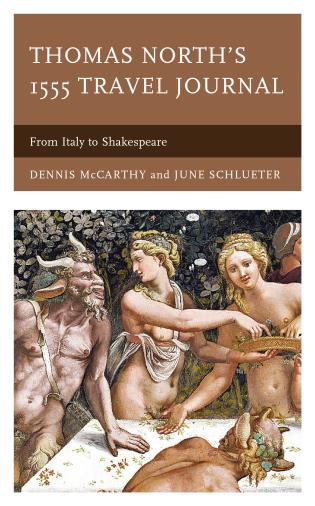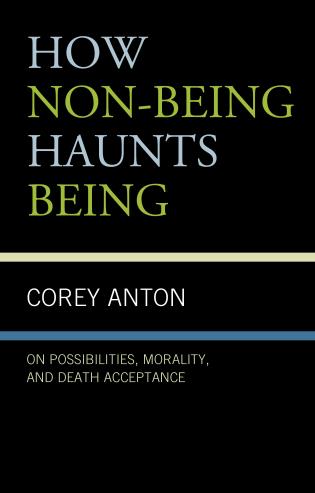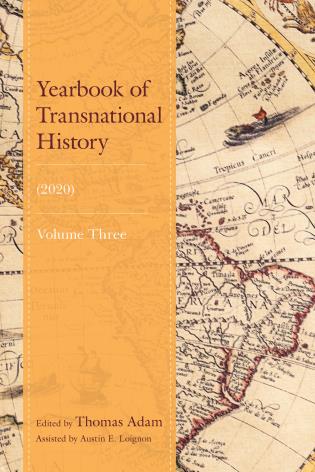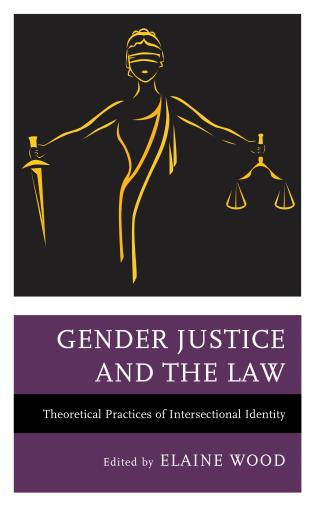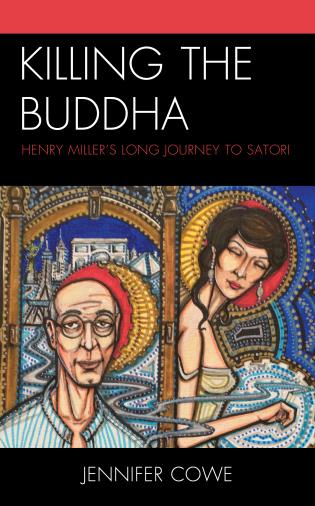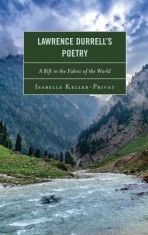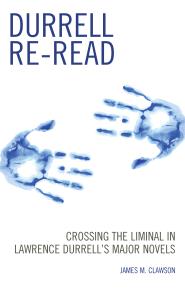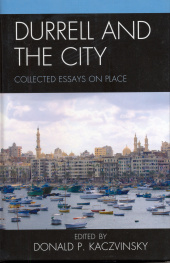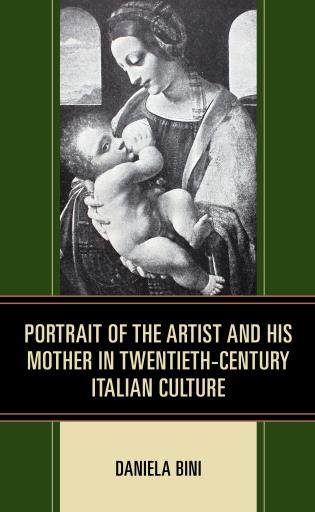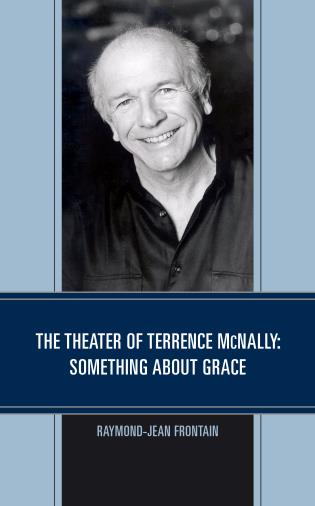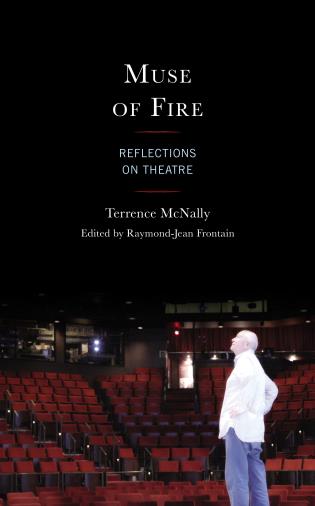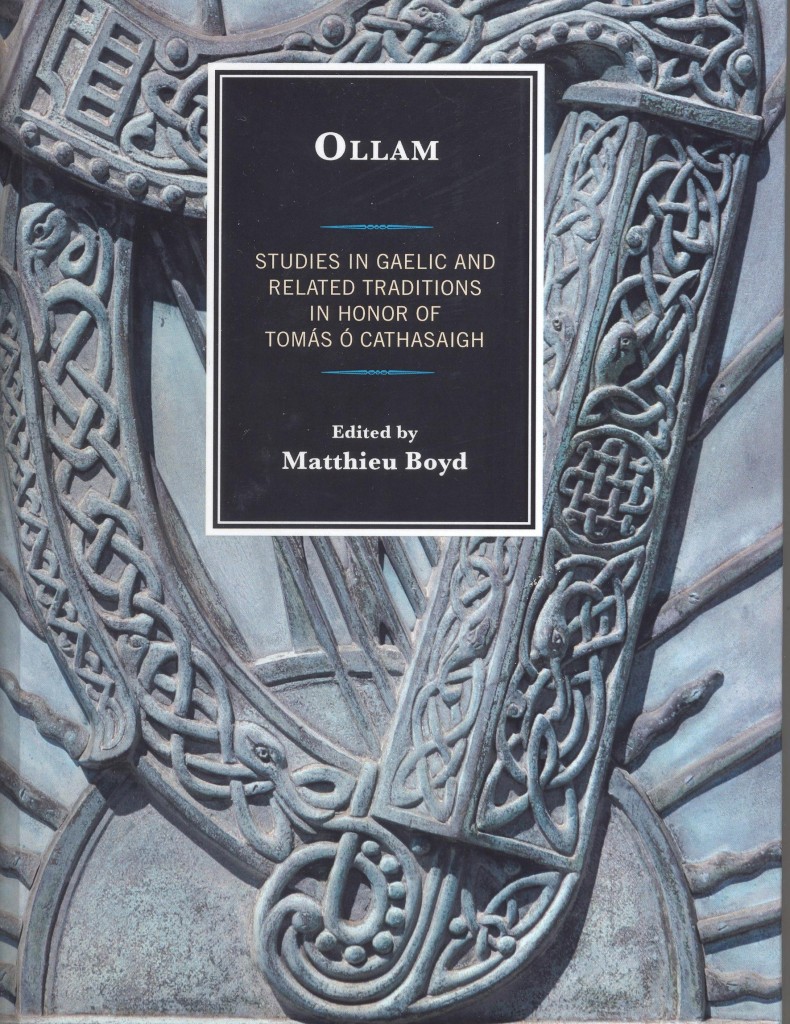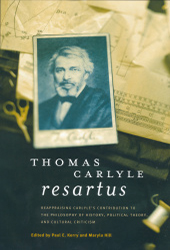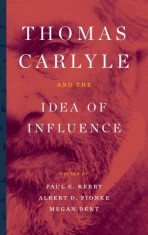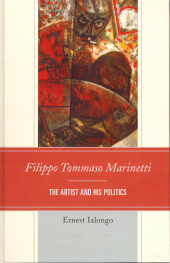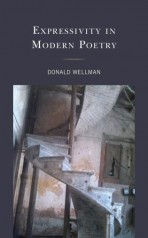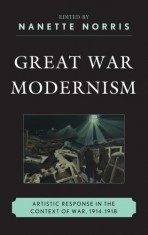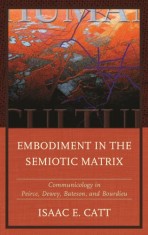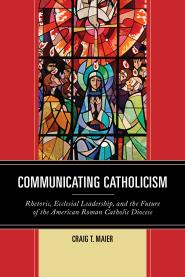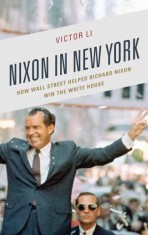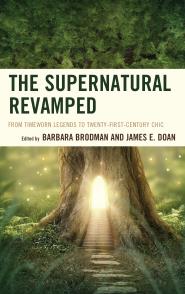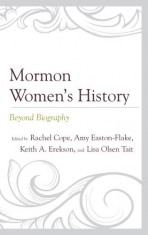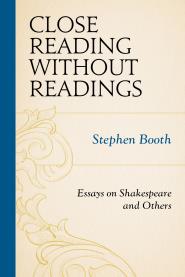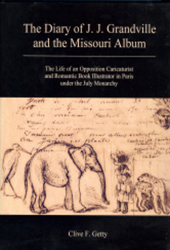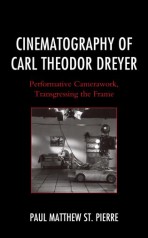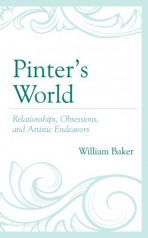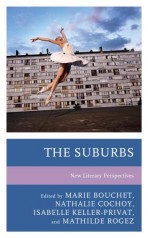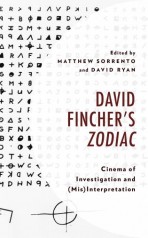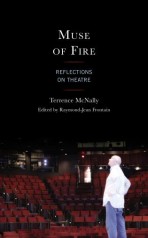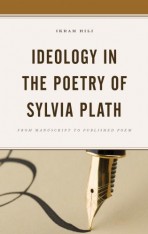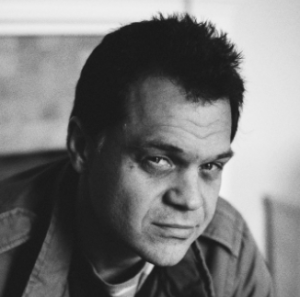Pablo Baler has published The Next Thing: Art in the 21st Century. It features a collection of essays regarding how art and literature may evolve as time goes on.
Your book The Next Thing: Art in the Twenty-first Century is a bold effort to read in today’s culture the emerging trends that will shape the future of art. What motivated you to take on the challenge of performing—in your own words—this “doubly impossible task”?
I called it a “doubly impossible task” because on the one hand predictions tell more about the present than about any future they try to anticipate, and on the other hand, art is that realm where the unimaginable happens. So trying to anticipate the unimaginable is a doubly risky proposition. But then again, The Next Thing belongs to that still unexplored genre that I call “aesthetic-fiction”. I have tried myself and also asked all contributors –philosophers, novelists, artists, art critics, etc– to envision the aesthetic sensibility that will define our century either by paying attention to current trends or by taking a critical and imaginative leap into the future. The result is a very rich mosaic of speculative criticism and contestable predictions. It doesn’t matter whether they are true or not. In fact, one should ask why any consideration regarding the unimaginable would be in the business of searching for or articulating a truth. I like to quote sociologist Erving Goffman who already in the 60s preferred “a loose speculative approach to a rigorous blindness”. I believe there is a secret connection between chaos and vision and that’s what I tried to elicit from the commissioned essays, that’s what I was looking for in this book. If you saw my desk, Michael, you would agree that at least I’m consistent with my belief in the power of chaos.
You point out the speed of change in our times, driven by technology, imaginative energy, and paradigm shifts. What has happened in the world of art in the three years since the publication of your book? Has anything altered your sense of the direction of art? Have you been surprised at any developments?
Of course, just think of the most recent technological developments in molecular biology, virtual reality, Artificial General Intelligence, quantum computing, etc. One of the central points developed in several of the essays of The Next Thing had to do with a paradigm shift brought about by new possibilities in biotechnology. In the realm of biotechnology there has been one recent development in particular that could have a profound impact on the future of bio-art. I’m thinking of the creation of the gene editing tool CRISPR, which gives us the ability to edit genes with the same ease we edit a text in a word processor, it allows us to reinvent the grammar and syntax of living organisms, opening up a whole new world of possibilities… Of course, for any writer the idea of bringing rhetoric to the primordial soup of life is very intriguing. A mouse with an ear on its back would be seen as the prehistory of this trend: artists could dream up and bring to life entire ecosystems. A lot of people are excited about the prospect of Virtual Reality; this to me seems more interesting: Real Virtuality. This of course brings up a lot of ethical questions, but I contend that Ethics itself is becoming, in current Bio-art practices, a medium of expression and experimentation. I talk about this in an essay “The Zoological Machine: Species in Danger of Creation” that will be part of a forthcoming anthology edited by María Antonia Gonzalez Valerio. Gonzalez Valerio is a philosopher and the head of the interdisciplinary research group Art+Science based at the Universidad Nacional Autónoma de México and the coordinator of the arts collective BIOS Ex machinA.
You are working on a novel you describe as a “Messianic-pornographic comedy”. Would you care to expand upon that description? Given such an intriguing description and given Mark Axelrod’s assertion (in your volume) that future books may “never be published in book form,” that kindles and other electronic devices will make print books obsolete, and that “readers are less inclined to read ‘long books’ or ‘eccentric books’” How might this novel fit into that paradigm? Will your novel push back against such reader trends, or embracing the way art seems to be evolving?
Funny you should mention Mark Axelrod’s essay because in the context of The Next Thing, a book about creative and critical anticipations of the future, Mark has actually managed to smuggle an essay that is pure nostalgia, a melancholic reification of the past. Mark is a great writer but you can’t trust him. All this just to say that I don’t agree in all respects with Mark’s idea that the book will disappear or that the vaporization of the book will bring fundamental changes to storytelling (I don’t think he does either). At any rate, stories will never die; suspense, characters, narrative arcs are the very fabric of our dialogues and relationships. We ourselves are stories. And of course we have an ending but we never know how that ending will pan out. The novel I’m currently writing deals, among other things, with that irony. Yes, I have described it as a messianic-pornographic comedy but now I mockingly think of it as an apocalyptic story with a happy ending. I can’t tell you much about it except that for being an amateur futurologist I’m very much old school. I talk a lot about paradigm shifts but when it comes down to writing I just hope I can honor the long-standing tradition of the writers I enjoy reading: Cervantes, Jacobsen, Nabokov, Bellow…
 Fairleigh Dickinson University Press
Fairleigh Dickinson University Press